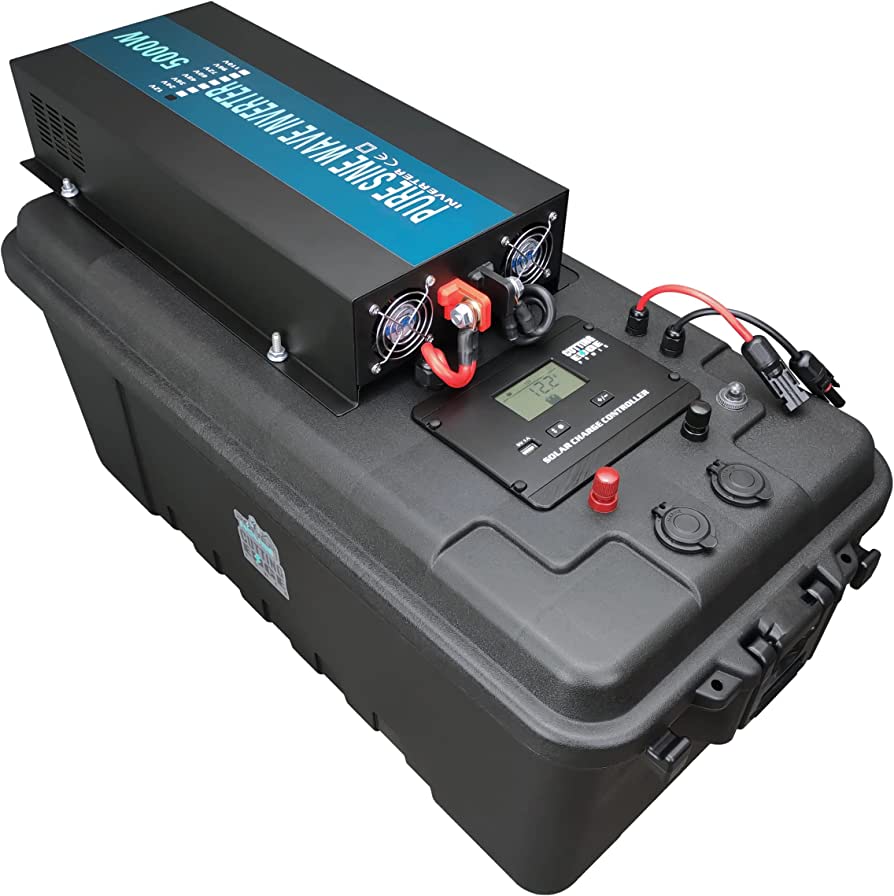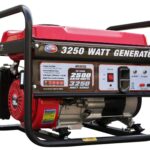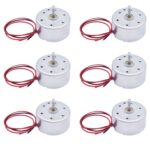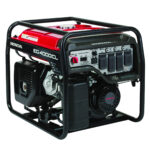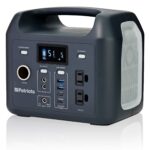The inverter battery generator is the next generation of generators that is revolutionizing the way people get their power needs met. This type of generator uses a combination of an inverter and a battery to provide power on demand. It is an efficient and cost-effective solution for providing power to homes, businesses, and vehicles. The inverter battery generator is easier to install and maintain than traditional generators, and it is also more efficient and reliable. It is a great way to ensure that you have power when you need it.
Inverter
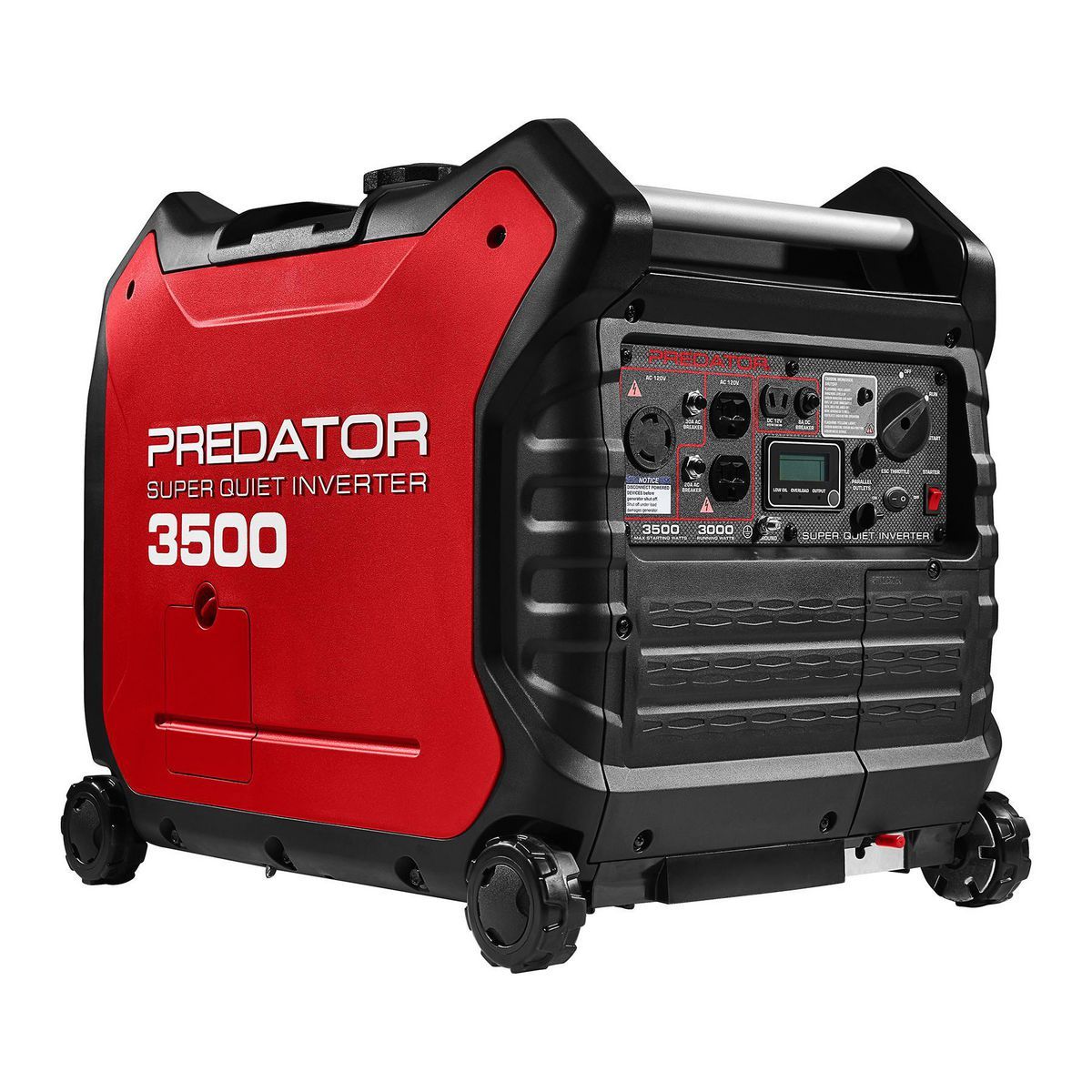
The inverter is the main component of an inverter battery generator system. It is responsible for converting the direct current (DC) from the battery into alternating current (AC) power. This AC power can then be used to power various electrical devices.
Battery
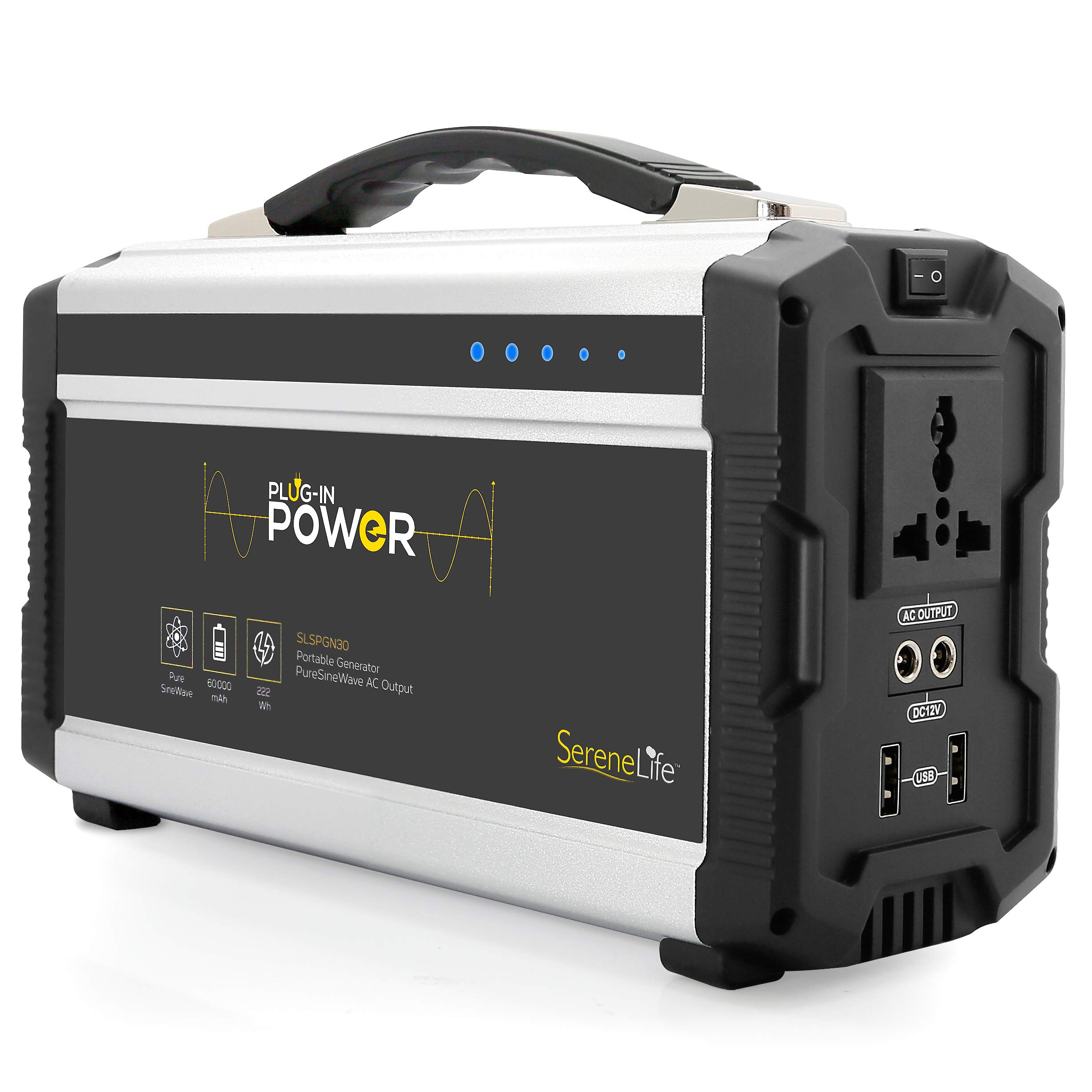
The battery is the energy source for the inverter battery generator system. It provides the DC power necessary to run the inverter. The type of battery used can vary, but lead-acid batteries are the most common as they are reliable and relatively inexpensive.
Generator
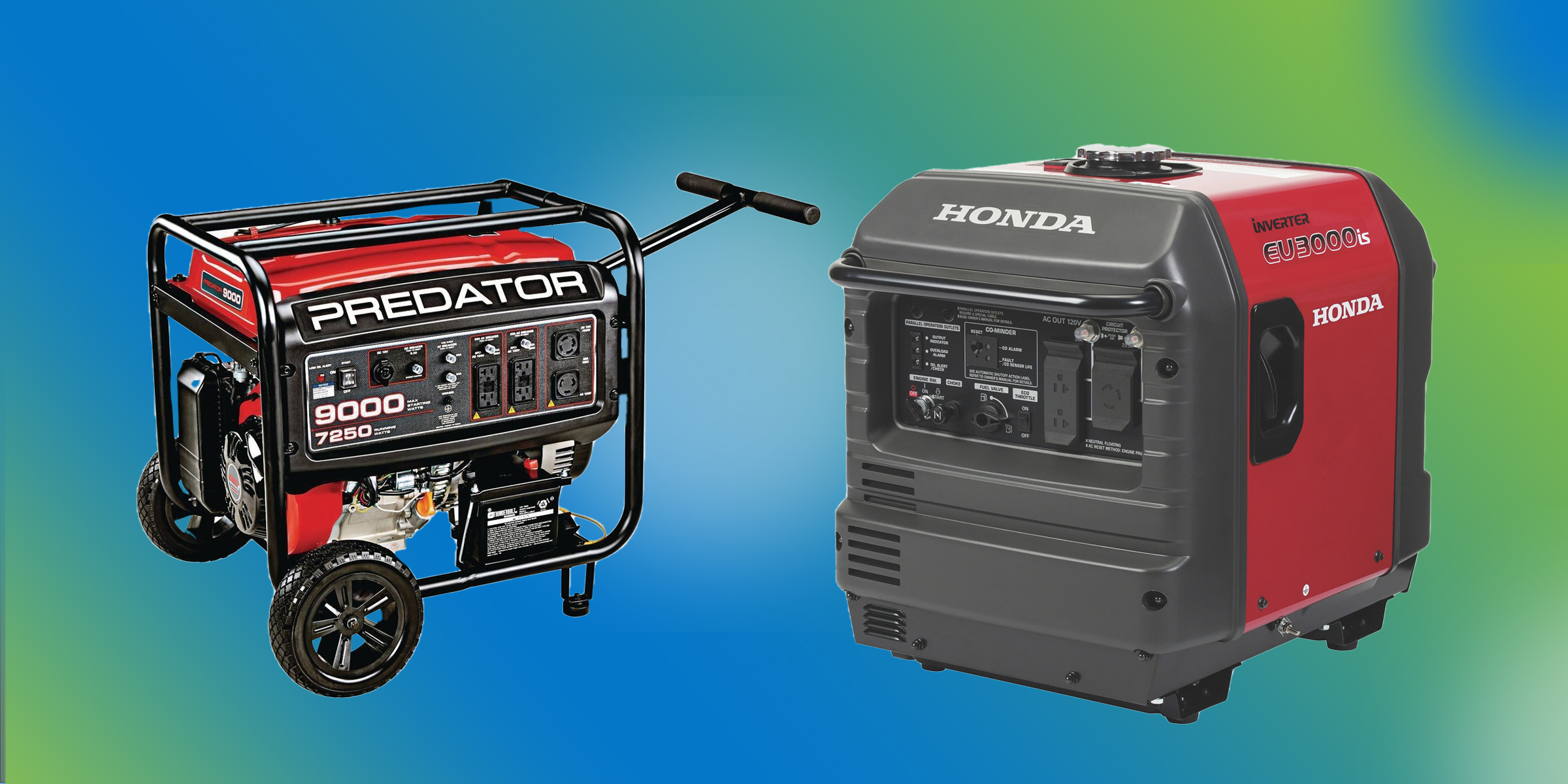
The generator is the third component of an inverter battery generator system. The generator enables the battery to be charged, ensuring that the system can be used indefinitely. It is important to ensure that the generator is compatible with the inverter and battery, so they should all be purchased from the same manufacturer.
Advantages of an Inverter Battery Generator
An inverter battery generator is a portable and lightweight solution for power outages, camping trips, and other emergency situations. These generators are powered by rechargeable batteries and can provide a steady and reliable source of electricity in a wide range of situations. The main advantages of an inverter battery generator include:
1. Flexibility: Inverter battery generators are highly flexible and can be used in a variety of situations, from emergency power outages to camping trips. They can also be used to charge phones, laptops, and other devices.
2. Quiet Operation: Inverter battery generators are much quieter than traditional gas or diesel generators. This makes them ideal for situations where noise is a concern, such as camping trips or emergency power outages.
3. Eco-Friendly: Inverter battery generators are powered by rechargeable batteries, which means they produce no emissions and are much more eco-friendly than traditional gas or diesel-powered generators.
4. Portability: These generators are lightweight and portable, making them easy to transport and store. This makes them ideal for emergency situations where you may need to move quickly.
5. Cost-Effective: Inverter battery generators are more cost-effective than traditional gas or diesel-powered generators. They require less maintenance and have fewer parts, which can save money in the long run.
Disadvantages of an Inverter Battery Generator
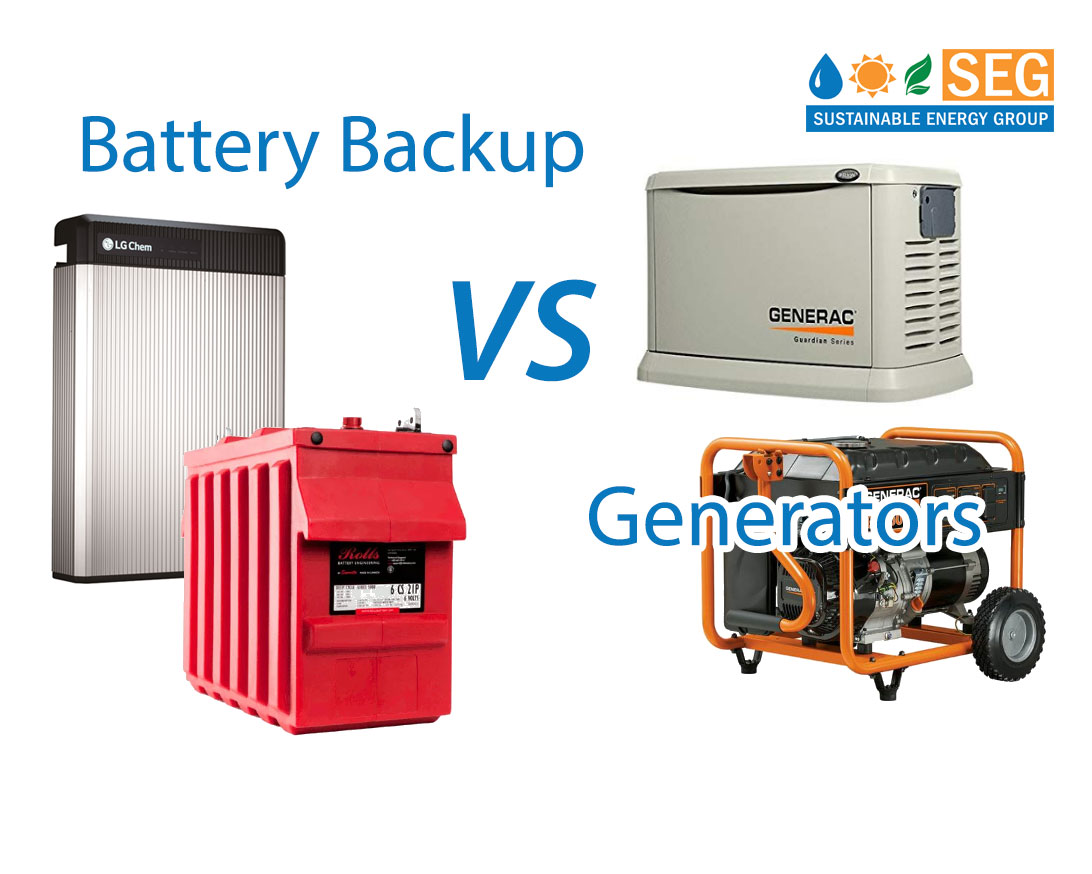
- High Initial Cost – Inverter generators are more expensive than traditional generators due to the sophisticated technology involved.
- Noisy Operation – Inverter generators are more quiet than traditional generators, but still produce significant noise.
- Fuel Efficiency – Inverter generators are less fuel efficient than traditional generators and require more frequent refueling.
- Limited Power Output – Inverter generators can only produce limited amounts of power, making them unsuitable for providing power to large appliances.
- Vulnerability to Damage – Inverter generators are more vulnerable to damage due to the sensitive electronic components used in these generators.
Applications of an Inverter Battery Generator
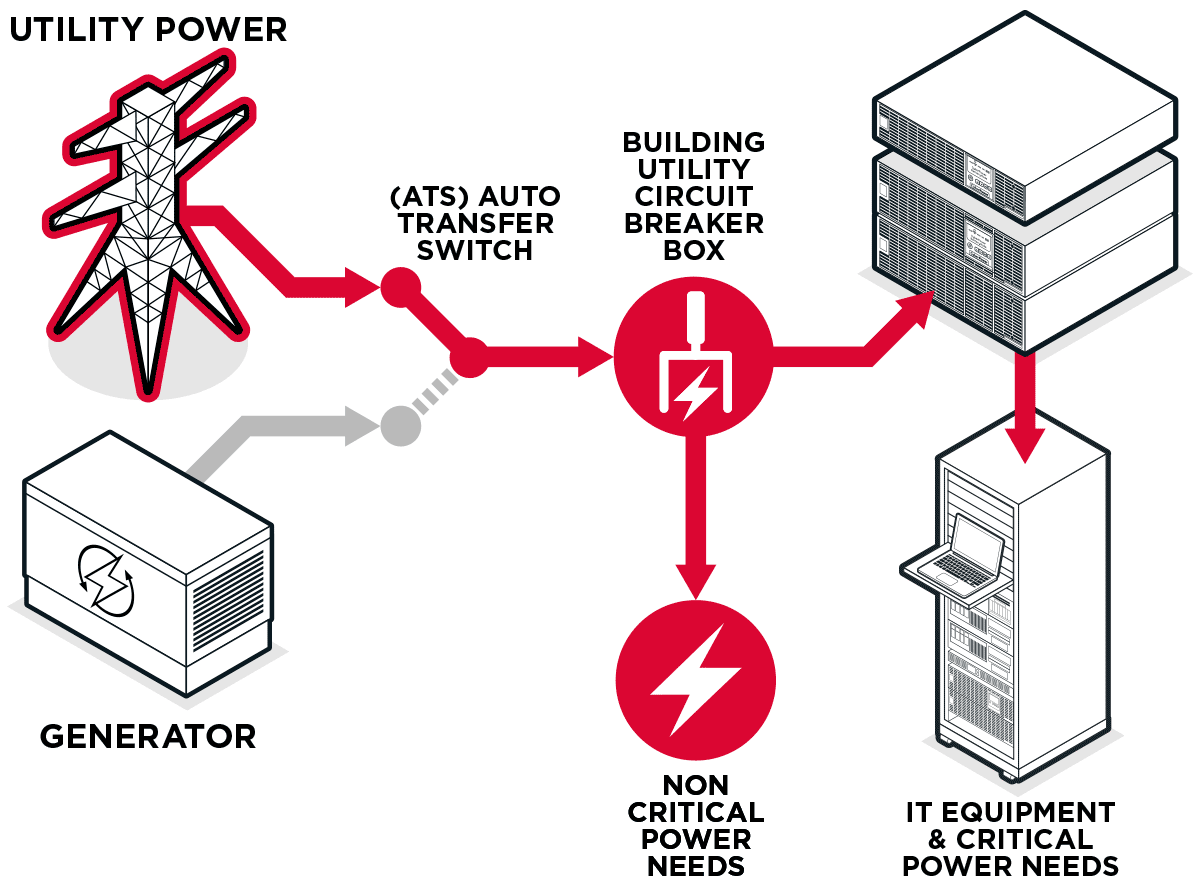
| Application | Description |
|---|---|
| Backup Power | An inverter battery generator can be used as a backup power source for homes, businesses, and other establishments in the event of a power outage. |
| Camping and Outdoor Activities | Inverter battery generators are a popular choice for camping and other outdoor activities, as they are lightweight and portable, making them easy to carry and transport. |
| Emergency Power | Inverter battery generators are also a great option for emergency power, as they can be used to power essential items such as lights, medical equipment, and communication devices. |
| Portable Power | Inverter battery generators are also ideal for portable power applications, as they can be used to power devices such as laptops, tablets, and cell phones. |
Maintenance of an Inverter Battery Generator
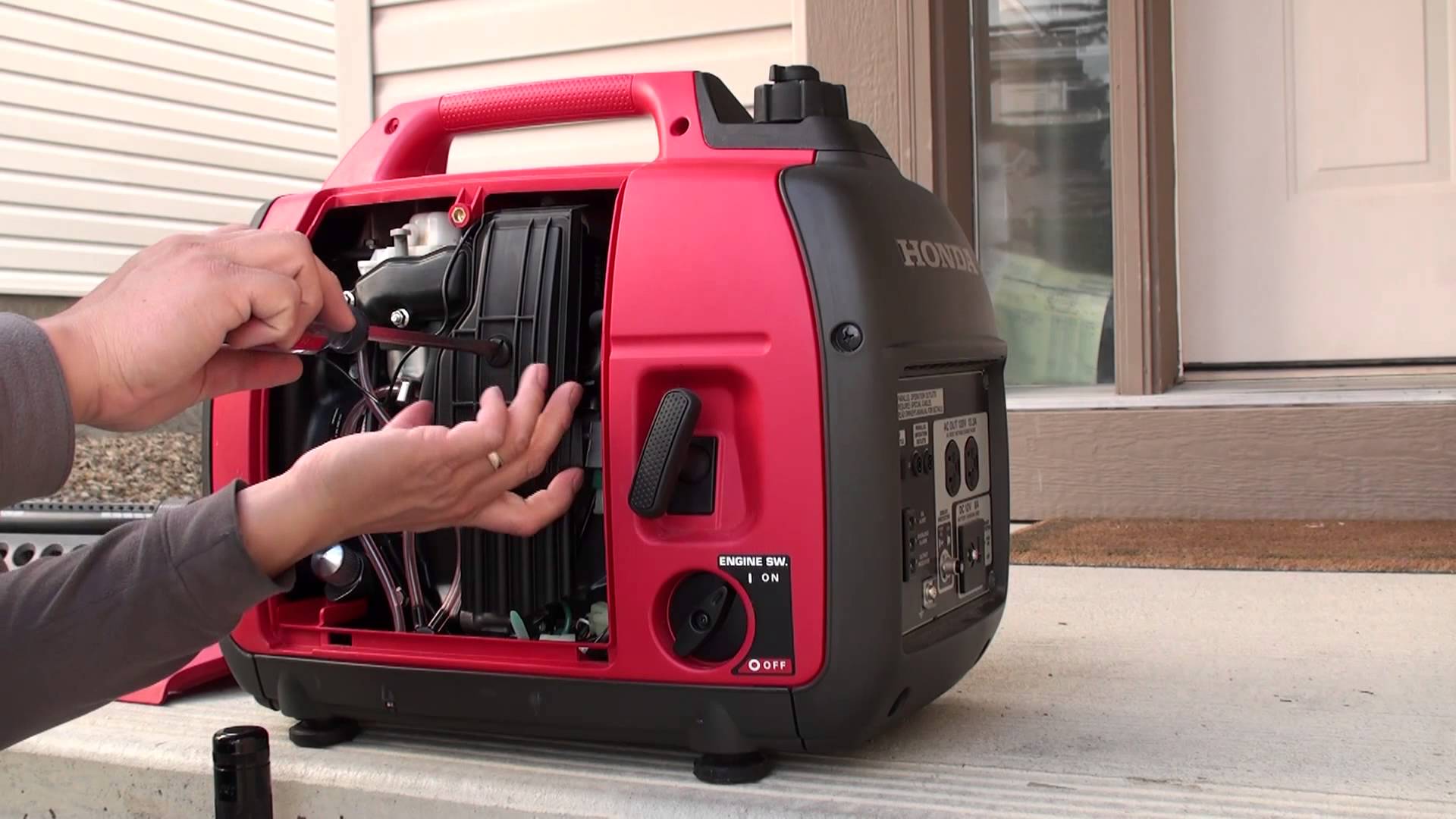
| Frequency | Maintenance |
|---|---|
| Monthly | Check oil level, tighten all connections, inspect exhaust system and check battery level. |
| Quarterly | Check air filter, fuel filter, spark plug and starter motor. |
| Yearly | Replace oil and fuel filters, inspect and clean spark plug, and change the battery. |
Inverter battery generators require regular maintenance to ensure a long life. Maintenance should be done monthly, quarterly, and yearly. Monthly maintenance includes checking the oil level, tightening all connections, inspecting the exhaust system, and checking the battery level. Quarterly maintenance includes checking the air filter, fuel filter, spark plug, and starter motor. Yearly maintenance includes replacing the oil and fuel filters, inspecting and cleaning the spark plug, and changing the battery.
Cost of an Inverter Battery Generator
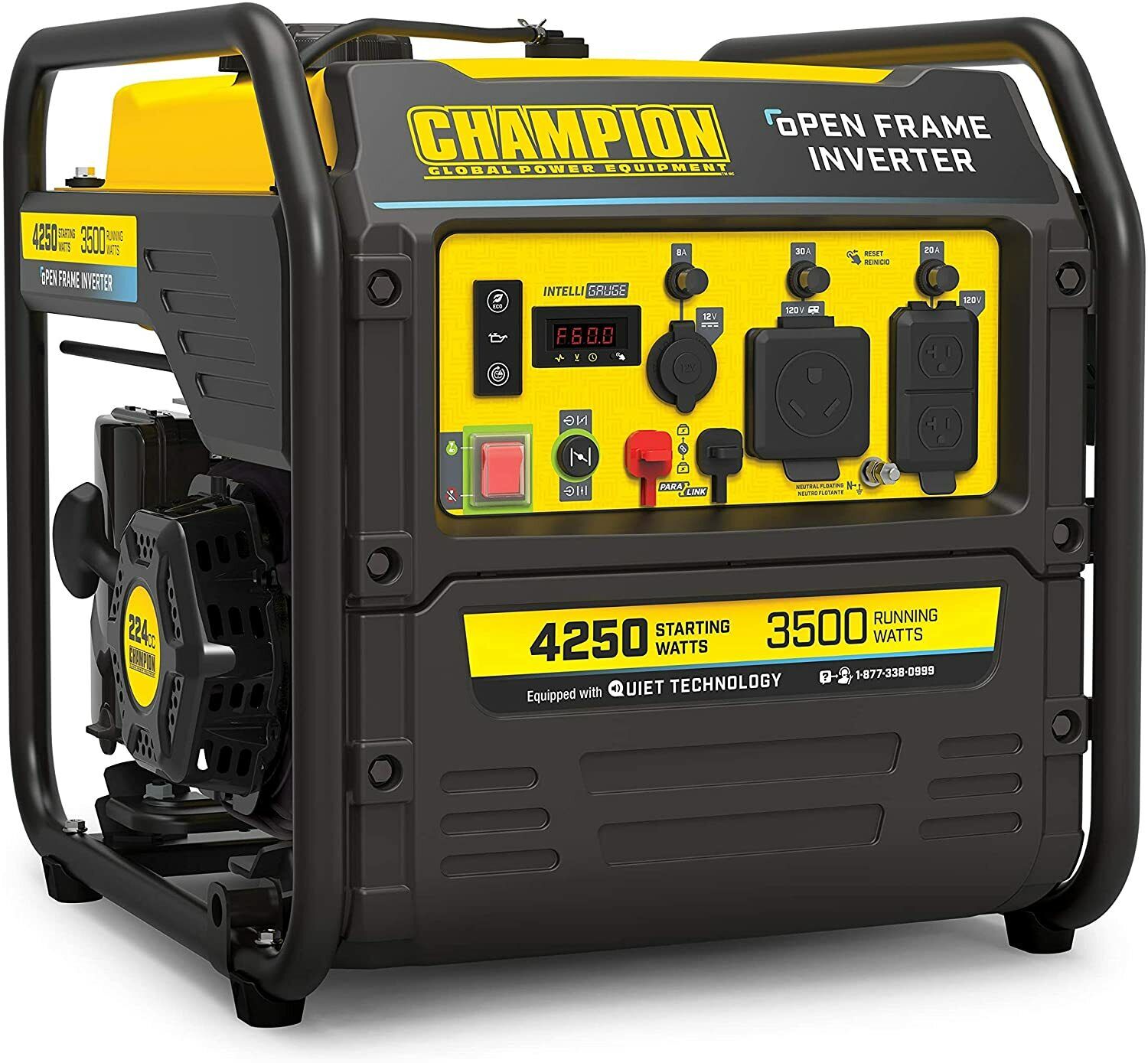
- The cost of an inverter battery generator varies depending on its size, type, and brand.
- Small inverter battery generators typically cost around $100-$200.
- Mid-size inverter battery generators usually cost around $400-$600.
- Large inverter battery generators usually cost around $800-$1500.
- High-end inverter battery generators may cost up to $3000 or more.
Inverter battery generators are available in various sizes and types, so it is important to consider the power output, fuel efficiency, and other features when choosing the right generator for your needs.
Comparison of an Inverter Battery Generator with Other Generator Types
An inverter battery generator, often referred to as an IBRG, is a type of generator that uses an inverter with a battery to provide electricity. It is designed to provide a clean and reliable source of power with minimal noise. An IBRG is typically more expensive than other types of generators, but can offer significant benefits when compared to other generators.
The main advantage of an IBRG is that it produces a clean, consistent current with minimal noise. This makes it ideal for powering sensitive electronic devices without fear of interference. An IBRG also uses a battery in conjunction with an inverter, which helps to reduce fuel consumption. This can be beneficial for those who want to save money on fuel costs.
Another benefit of an IBRG is that it is relatively lightweight and easy to transport. This makes it ideal for use in remote locations where other generators may not be suitable. Additionally, an IBRG is usually more reliable than other types of generators, as the battery can provide a backup power source in the event of a power outage.
Finally, an IBRG tends to be more efficient than traditional generators. This means that it can produce more power for the same amount of fuel consumed. This can be beneficial for those who need to power a large amount of equipment or for those who need to run their generator for long periods of time.
Overall, an IBRG offers a number of advantages over other types of generators. It is relatively lightweight and easy to transport, produces a clean and consistent current with minimal noise, and is more efficient than traditional generators. For those who are looking for a reliable and efficient power source, an IBRG may be the perfect choice.
Safety Considerations when Using an Inverter Battery Generator
It is important to read the manufacturer’s safety instructions before using an inverter battery generator. Make sure that the generator has all safety features in place, including a low-oil shutoff switch, overload protection, and an automatic voltage regulator. Be sure to use a generator with a long-term warranty.
It is important to maintain the generator and perform regular inspections. Check the oil level, fuel level, and battery life regularly. Make sure the engine is clean, and clean the exhaust system as needed.
When using the generator, ensure that it is placed in a well-ventilated area away from combustible materials such as gasoline or propane. Keep the generator at least 10 feet away from your home or other structures. Do not use the generator indoors.
Always use a heavy-duty power cord when connecting the generator to your home. Make sure the cord is rated to handle the load and is in good condition.
Be aware of the risks associated with carbon monoxide poisoning. Make sure the generator is placed outdoors in a well-ventilated area and that the exhaust is pointed away from the home.
It is also important to unplug the generator before refueling. Do not fill the fuel tank while the engine is running. Store fuel in an approved container away from the generator.
Finally, never overload the generator by trying to power more appliances than it is designed to handle. Follow the manufacturer’s instructions for proper use and make sure to turn off the generator when it is not in use.
Frequently Asked Questions
What is an Inverter Battery Generator?
An inverter battery generator is a power source that combines a battery and an inverter to create a portable generator. It is designed to generate AC power from a DC battery source and can be used to power a variety of appliances, electronics, and tools. The battery used in an inverter battery generator is typically a high-capacity rechargeable battery, such as a deep cycle battery or a lithium-ion battery. The battery is used to store the energy produced by the inverter, which is then used to power the appliances. Inverter battery generators can be used for a variety of applications, including camping, back-up power, and emergency situations.
What are the benefits of an inverter battery generator system?
Inverter battery generators offer a wide range of advantages over traditional generators. With an inverter system, users have the ability to produce clean, stable power with significantly less noise than traditional generators. In addition, inverter battery generators are more fuel efficient, resulting in lower fuel costs and less maintenance. Additionally, inverter battery generators are typically lighter in weight and more compact than traditional generators, making them easier to transport and store. Finally, inverter battery generators produce less exhaust, making them more environmentally friendly.
How is an Inverter Battery Generator System Different from a Traditional Generator?
An inverter battery generator system is powered by rechargeable batteries and produces AC power from DC power, whereas a traditional generator is powered by petrol or diesel and produces AC power directly from the fuel source. Inverter battery generators are more efficient and quieter than traditional generators, as they do not require a combustion engine to generate power. Inverter battery generators are also more environmentally friendly, as they do not produce exhaust emissions. Additionally, inverter battery generators are typically more lightweight and portable than traditional generators.
What type of battery is used in an inverter battery generator system?
Inverter battery generator systems typically use lead-acid batteries. These are the same type of batteries used in automobiles and are known for their long-term reliability and durability. Lead-acid batteries use two plates of lead and an electrolyte solution of sulfuric acid to store and release energy. These batteries are also relatively inexpensive and have a long shelf life.
How does an inverter battery generator system work?
An inverter battery generator system is a combination of a battery, an inverter, and a generator. The battery is used to store energy from the generator, while the inverter converts the battery’s DC power to AC power. The generator is used to recharge the battery when it’s depleted. When the generator is running, it charges the battery and supplies AC power to the inverter. The inverter then converts the DC power from the battery into AC power, which can be used to power various electrical appliances. The generator also serves as a backup power source in the event of a power outage.
Conclusion
Inverter battery generators are the next generation of generators and offer numerous advantages over traditional generators. They are more efficient, require less maintenance, are more affordable, and are quieter than traditional generators. They are also more reliable and can be used in a variety of applications, making them a great choice for both personal and commercial use. With the increasing demand for clean energy, the use of inverter battery generators is likely to increase in the future.

